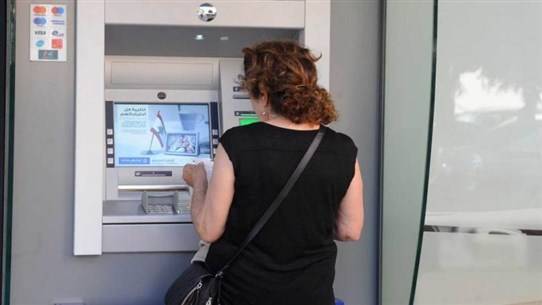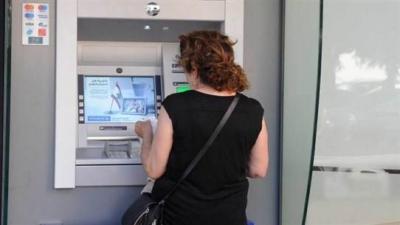The Electricité du Liban has placed its bills on the path of dollarization after raising its tariffs. The dollar used for valuation will be based on the Sayrafa platform’s rate. However, a letter sent by the institution to banks requesting the creation of "Fresh Accounts" for subscribers wishing to pay their bills through localization has raised questions about the intention to later collect payments in fresh cash dollars.
#### Opening Bank Accounts
The institution allows subscribers to pay their bills through banks by localizing the payment process. However, due to the varying exchange rates and changing bank policies regarding customer accounts, it became necessary to ensure the regularity of bill payment conversions. Therefore, the institution requested banks to open fresh accounts. But the lack of clarity regarding what "fresh" means has sparked concerns.
Nevertheless, sources at Electricité du Liban clarified to "the cities" that the term refers to "opening new accounts in Lebanese pounds, not in dollars, designated for bill payments." They added that this decision "comes in response to the Central Bank's request for the institution to convert the collected amounts in pounds to be exchanged for dollars according to the Sayrafa platform's rate. The Central Bank will not transfer dollars to the institution unless accounts in Lebanese pounds are opened and the amounts are transferred through them." The sources emphasize that the term "fresh account" has been misunderstood, as it has become associated with cash dollars for people.
The implementation of the decision to open accounts and deposit the bill amounts will begin "starting February 1, 2023." Customers who do not wish to open accounts "will continue to pay their bills to collectors as usual, and there is nothing obligating them to open an account."
#### Preparations for Dollar Payments
The institution seeks to facilitate the conversion of pounds to dollars through banking channels. However, this process may not be significantly effective, as nothing obligates subscribers to open accounts, especially since citizens have lost trust in banks. Concerns about sudden policy changes remain prevalent.
In this context, sources among Electricité du Liban employees do not rule out the possibility that these accounts will later be used to compel all subscribers to pay through banks, eventually leading to full dollarization. The institution requests banks to "inform Electricité du Liban in case of non-compliance from any subscriber so that appropriate action can be taken." Sources speculate that the institution's decision might be limited to old subscribers who previously paid their bills through localization and now the institution wants to open new accounts separate from the previous ones. However, what action will be taken in the case of refusal remains unclear.
If the aim is to ensure that subscribers do not evade paying bills gradually, it would be more prudent for the institution to put in place a mechanism to ensure that service providers promptly transfer the collection amounts to the institution’s accounts, rather than delay and deprive it of quick revenues. On this point, sources at Electricité du Liban confirm that "the institution and the companies are studying together to agree on the method of quickly transferring funds because the institution needs every lira in this circumstance." Nevertheless, they insist on allowing service providers the freedom to transfer collection funds, which leaves money hanging and restricts the institution's ability to use its funds to settle contractor dues, pay employee salaries, and conduct maintenance for facilities, among other expenditures.
The Central Bank will not exchange collection pounds for dollars unless it receives the funds in pounds. Moreover, electricity bills are not all collected on time, as evasion persists, and the collected amounts remain in the hands of service providers. This means the institution will not be able to secure the necessary dollars to cover all of its expenses, as it strives to collect what it can through treasury advances and documentary credits, similar to the request made last October for "opening a documentary credit of 2 million 888 thousand 400 euros in favor of Clean Energy Solutions s.a.l, aimed at supplying spare parts and consumables from the manufacturer for the Naimeh landfill plant, as part of the approved amount of 60 million dollars in Cabinet Decision No. 12 dated April 14, 2022, as amended by Cabinet Decision No. 171 dated May 20, 2022."




